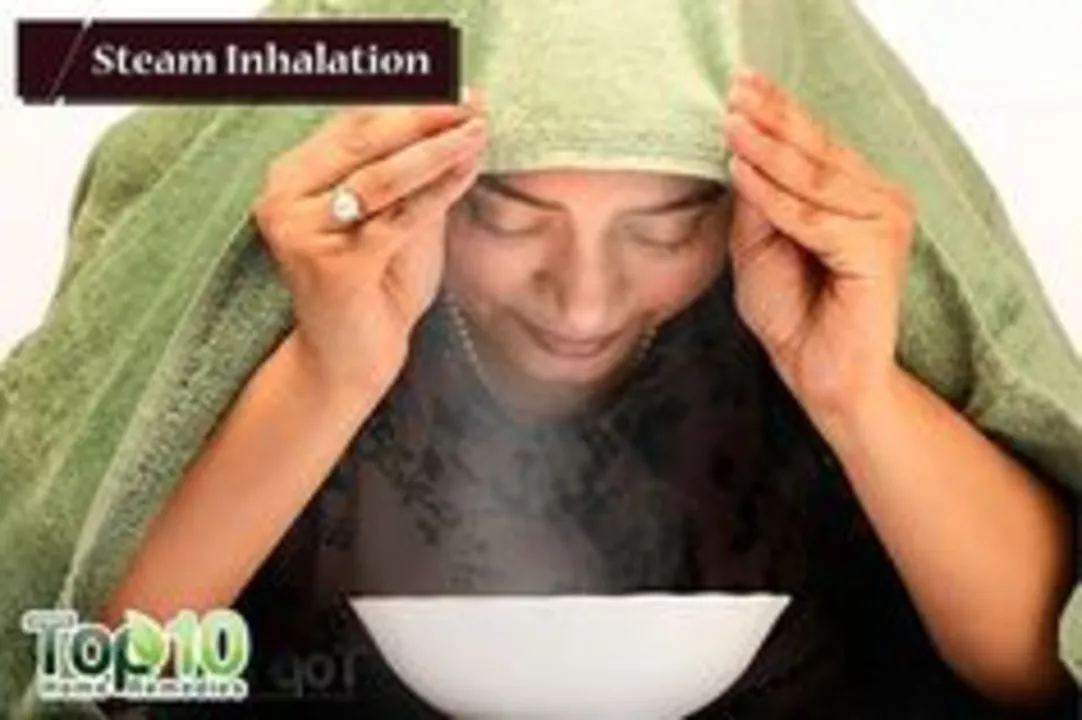Home remedy tips: Simple fixes for common problems
Got a headache, scratchy throat, or a minor cut? Home remedies can help you feel better fast without a pharmacy run.
Use honey for coughs — a teaspoon before bed often soothes the throat and can reduce coughing in kids over one and adults.
For nausea, sip ginger tea or chew a thin slice of fresh ginger. Ginger calms the stomach for many people and works faster than bland crackers.
Salt water gargles ease sore throats and help clear mucus. Mix half a teaspoon of salt in a cup of warm water and gargle for 30 seconds.
A cold compress brings down swelling and eases pain for sprains, bumps, and insect bites. Use a cloth-wrapped ice pack for 15 minutes at a time.
For small cuts, stop bleeding with firm pressure, clean with mild soap and water, and cover with a sterile bandage. Change the dressing daily.
Burns benefit from immediate cool running water for several minutes — avoid ice, which can make tissue damage worse. After cooling, keep the area clean.
Baking soda paste (baking soda plus a little water) can relieve mild insect stings and itching. Apply for a short time, then rinse off if irritation starts.
Turmeric has mild anti-inflammatory properties and can be used as a spot treatment mixed with honey for irritated skin, but test on a small patch first.
For sinus congestion, inhale steam from a bowl of hot water with a towel over your head or use a warm shower to loosen mucus and ease breathing.
Hydration, rest, and simple foods like broth or bananas help recovery from many common illnesses. Don’t skip fluids when you have a fever or diarrhea.
Keep a basic home kit: thermometer, bandages, antiseptic wipes, oral rehydration salts, and over-the-counter pain relievers for occasional use.
Be careful with essential oils. They smell nice and can calm you, but undiluted oils can burn skin. Always dilute and avoid giving them to small children.
Natural doesn’t mean harmless. Some herbs interact with prescription drugs or cause allergic reactions. Tell your doctor about any herbs or supplements you use.
Quick fixes that work
Honey beats no treatment for coughs in multiple small trials. Ginger shows benefit for pregnancy and motion-related nausea in clinical studies.
Salt gargles and steam are low-risk ways to reduce throat pain and loosen mucus, backed by simple clinical recommendations.
When to see a doctor
If symptoms get worse, last more than a few days, include high fever, severe pain, breathing problems, fainting, confusion, or heavy bleeding, seek medical care.
If a wound looks infected — increasing pain, redness, swelling, pus, or red streaks — get evaluated. Tetanus is a concern for deep or dirty wounds.
For chronic problems like ongoing digestive upset, sleep issues, or mental health concerns, use home remedies only as a short step and schedule a medical check.
Use common sense: trust danger signs, don’t mix remedies with prescriptions, and stop anything harmful.
Try simple home remedies first; check with a pharmacist or doctor if you feel unsure.

How to Use Steam Inhalation for Chest Congestion Relief
As someone who suffers from chest congestion, I've found that steam inhalation is a great way to find relief. It's a simple process where you breathe in warm, moist air, which helps loosen mucus, making it easier to cough up. To do this, you can either use a steam inhaler, or simply fill a bowl with hot water and place a towel over your head to create a steam tent. Adding a few drops of eucalyptus oil can further enhance the benefits. Remember to inhale slowly and steadily for the best results.
Read More